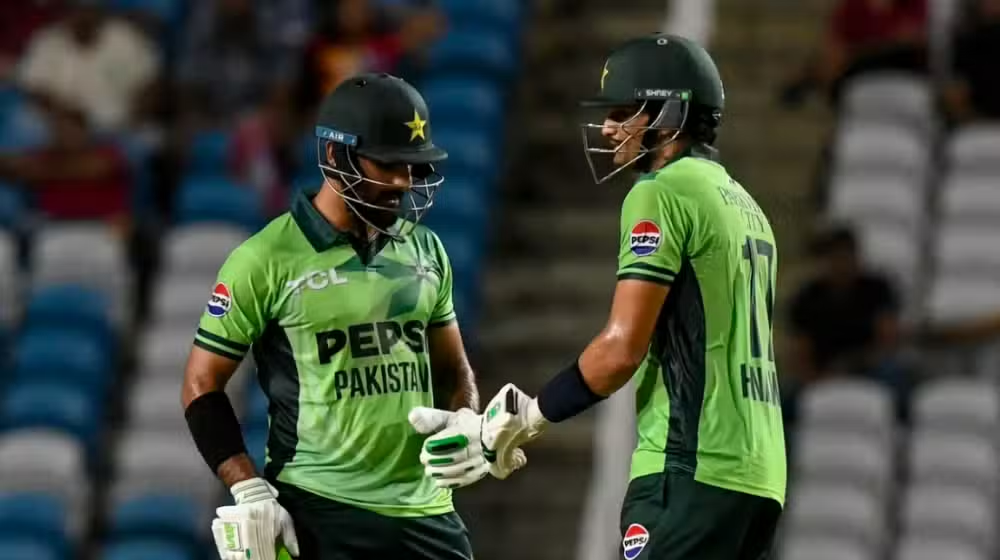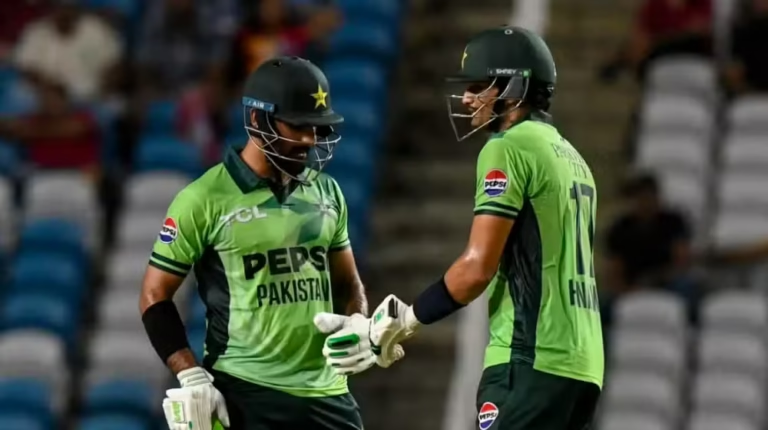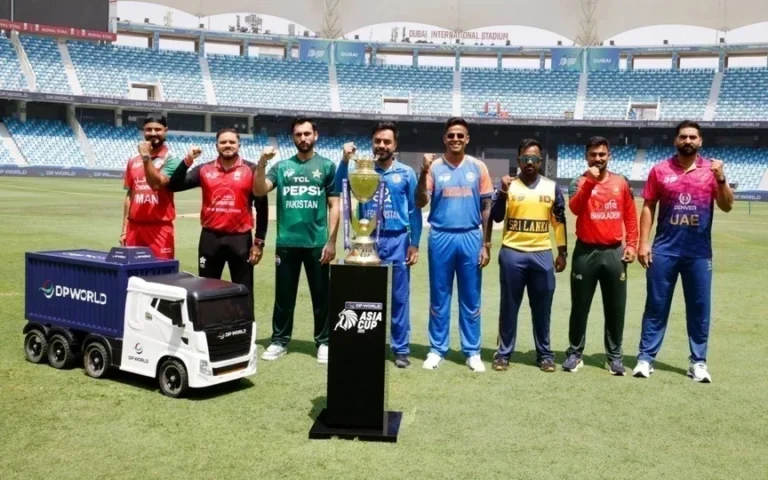Mohsin Naqvi is a name that resonates across multiple spheres in Pakistan—politics, media, and now, cricket administration. As the President of the Asian Cricket Council (ACC) since April 3, 2025, and the Chairman of the Pakistan Cricket Board (PCB) since February 6, 2024, Naqvi has quickly become a central figure in Asian cricket. His role as the Minister of Interior and Narcotics Control of Pakistan further underscores his influence. With the Asia Cup 2025 on the horizon, Naqvi’s leadership is under the spotlight as he navigates political tensions, logistical challenges, and the future of one of cricket’s most prestigious tournaments. This blog post explores who Mohsin Naqvi is, his journey to the top, and why he is key to the Asia Cup’s future.
A Multifaceted Leader: From Media Mogul to Cricket Administrator
Mohsin Naqvi’s rise to prominence in cricket administration is rooted in his diverse career in media and politics. His ability to juggle multiple high-profile roles speaks to his exceptional management and negotiation skills—qualities that are now proving vital in his cricket-related positions.
Media Career: Building a Communication Empire
Naqvi’s media journey began with his work as a producer and regional head for CNN in South Asia, where he honed his communication and leadership skills. In 2009, he founded the City News Network, a media conglomerate that includes several TV channels and a newspaper. His experience in media has given him a unique perspective on public relations, crisis management, and stakeholder engagement—skills that are invaluable in the high-stakes world of cricket administration.
Political Journey: From Caretaker Chief Minister to Interior Minister
Before stepping into cricket, Naqvi made his mark in Pakistani politics. He served as the caretaker Chief Minister of Punjab, a role that required deft handling of complex political dynamics. His appointment as Minister of Interior and Narcotics Control on March 11, 2024, further solidified his position as a key player in Pakistan’s governance. This political acumen is crucial as he navigates the diplomatic challenges that often plague international cricket, particularly between India and Pakistan.
Transition to Cricket Administration
Naqvi’s entry into cricket administration came with his appointment as PCB Chairman in February 2024. Despite initial skepticism due to his lack of direct cricket experience, he quickly silenced critics by overseeing the renovation of three major stadiums in Pakistan and successfully hosting the Champions Trophy 2025 using a hybrid model. This model, which involved playing some matches in neutral venues, demonstrated his ability to innovate and adapt to logistical and political constraints—a skill set he now brings to the ACC.
At the Helm of the Asia Cup: Navigating Challenges and Driving Innovation
The Asia Cup 2025, scheduled for September, is a critical test of Naqvi’s leadership as ACC President. The tournament, originally allotted to India, faces significant challenges due to political tensions, particularly between India and Pakistan. Naqvi’s role in overcoming these obstacles and ensuring the tournament’s success is pivotal.
Venue and Format Dilemmas
One of the biggest challenges for the Asia Cup is the venue. Due to diplomatic issues, teams like Pakistan cannot travel to India, and vice versa. This has led to discussions about shifting the tournament to a neutral venue, such as the UAE, or adopting a hybrid model similar to the one used in the Champions Trophy. Naqvi’s experience with the hybrid model makes him uniquely qualified to find a solution that satisfies all stakeholders.
A Vision for Unity and Growth
Beyond logistics, Naqvi’s vision for the Asia Cup extends to fostering unity, innovation, and strategic growth in Asian cricket. He aims to use the tournament as a platform to:
- Promote inclusivity among member nations.
- Expand opportunities for emerging teams.
- Integrate associate nations into the mainstream cricketing ecosystem.
His leadership is expected to bring a fresh perspective to the tournament, potentially introducing new formats or initiatives to enhance its global appeal.
Why Mohsin Naqvi Is Key to the Asia Cup’s Future
Naqvi’s importance to the Asia Cup’s future cannot be overstated. His unique blend of skills, experience, and vision positions him as a transformative figure in Asian cricket.
1. Navigating Political Challenges
The India-Pakistan rivalry has long been a thorn in the side of Asian cricket. Naqvi’s background in politics and media gives him the diplomatic tools to mediate and secure workable solutions. His success with the hybrid model for the Champions Trophy is a testament to his ability to balance competing interests and find common ground.
2. Driving Innovation
Naqvi’s track record at the PCB suggests he is not afraid to think outside the box. For the Asia Cup, this could mean experimenting with new formats, leveraging technology to enhance fan engagement, or introducing initiatives to boost the tournament’s commercial viability.
3. Fostering Growth and Inclusivity
Naqvi has a clear vision for the growth of cricket in Asia. He advocates for equitable treatment of all member nations and fair revenue distribution, which could lead to a more balanced and competitive future for the sport in the region. His focus on integrating associate nations could also expand the talent pool and increase the tournament’s competitiveness.
4. High Stakes for Asian Cricket
With Asia being the epicenter of world cricket, the success of the Asia Cup under Naqvi’s leadership could elevate the ACC’s influence on the global stage. A well-executed tournament would not only boost his legacy but also喧
Controversy and Criticism: Addressing the Skeptics
Naqvi’s rapid rise has not been without controversy. His appointment as PCB Chairman drew criticism due to his lack of direct cricket experience, with some questioning whether he was the right fit for the role. Additionally, his tenure as Interior Minister has been marred by allegations of corruption related to sports and immigration, casting a shadow over his leadership.
The Case for Naqvi
Despite these challenges, Naqvi’s supporters argue that his administrative expertise and visionary approach make him well-suited to lead Asian cricket. His ability to drive progress, as seen in the stadium renovations and the successful hosting of the Champions Trophy, demonstrates his capacity to deliver results. Moreover, his media background gives him a unique understanding of how to market and promote cricket to a global audience.
The Road Ahead
While the criticism is valid, Naqvi’s ability to navigate these challenges will ultimately determine his legacy. His dual roles in politics and cricket administration require a delicate balance, and any misstep could have significant consequences. However, if he can successfully steer the Asia Cup through its current storm, he may well silence his critics and cement his place as a transformative figure in Asian cricket.
Mohsin Naqvi’s Legacy in the Making
Mohsin Naqvi is a man at the center of a storm, juggling multiple high-stakes roles with the future of Asian cricket hanging in the balance. As ACC President and PCB Chairman, his decisions will shape not only the Asia Cup 2025 but also the broader trajectory of cricket in the region. His ability to balance political tensions, drive innovation, and promote inclusivity will be crucial in determining whether he can lead Asian cricket to new heights.
While his leadership has sparked both praise and skepticism, one thing is undeniable: Naqvi’s influence on the sport is profound. The world will be watching closely as he navigates the challenges ahead, and the success of the Asia Cup could very well define his legacy. Whether he emerges as a visionary leader or a controversial figure remains to be seen, but for now, Mohsin Naqvi is the man shaping the future of the Asia Cup.








